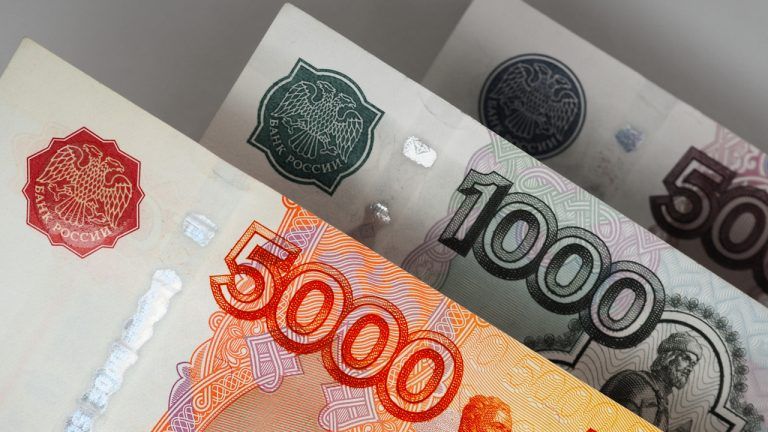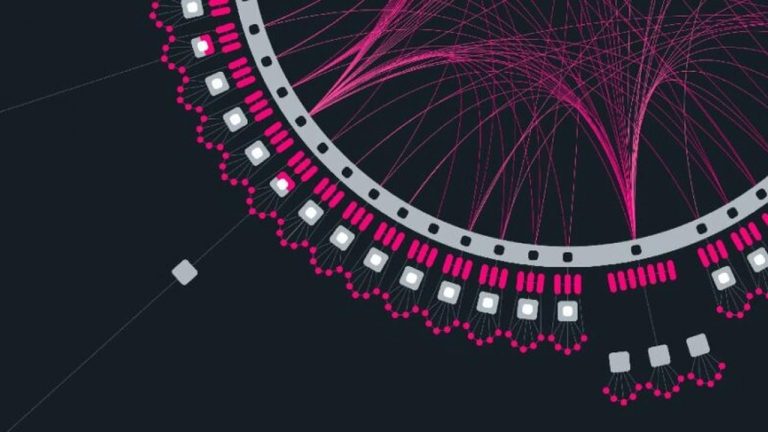
Polkadot’s Gavin Wood has announced a more than $770 million development fund just weeks before the network’s parachain auctions are set to go live.
Polkadot (DOT) founder Gavin Wood has unveiled a $777 million development fund ahead of the network’s parachain lease auctions.
Wood tweeted on Oct. 17 that Polkadot’s treasury has allocated more than 18.9 million DOT (worth roughly $777 million at the time of writing) to a development fund that will be disbursed through community governance.
Wood gave broad suggestions as to how the funds might be spent, stating the capital will be mobilized to realize the community’s vision for “building, improving, educating” Polkadot’s ecosystem, in addition to “anything else that the Polkadot governance believes valuable.
According to Polkadot’s Wiki, the treasury funds can be spent if approved by the council, which votes on proposals put forward to them. The Polkadot council currently consists of 13 members, however the council plans to expand to 24 seats at some stage in the future.
With many Polkadot governance votes seeing poor community participation in the past, the development fund may be intended to bolster DOT holders’ engagement with the governance process According to Polkassembly, three governance proposals put forward this past week have seen total voter turnouts of zero, six and seven votes respectively.
Stakeholders wishing to put forward a proposal must reserve a deposit of at least 5% of the proposed spend, with the deposit being either slashed (a burn mechanism to deter validator misbehavior) if rejected, or returned if accepted. With funds being placed at risk in the event of an unsuccessful vote, Polkadot’s slashing mechanism may be a factor impeding governance engagement on the network.
The new development fund was also revealed just weeks before Polkadot’s highly anticipated parachain auctions are scheduled to begin in early November, suggesting the funds could be intended to kickstart development targetingPolkadot’s forthcoming parachain ecosystem.
Polkadot’s parachain auctions will be used to realize Polkadot’s vision for a sharded ecosystem. The auctions will see projects building on Polkadot compete to secure one of the 100 parachain slots by bidding to lock up DOT.
Parachains are Polkadot’s sharded side-chains that can host decentralized applications and protocols, offer specialized computation, and communicate with Polkadot’s proof-of-stake “Relay Chain” to finalize transactions.
Polkadot’s existing relay chain exclusively processes transfers, governance, staking services for the Polkadot network, with the forthcoming parchains being tasked with providing advanced features like smart contract functionality and cross-chain compatibility.
As such, the new development fund may be intended to encourage developers to begin building on Polkadot in preparation of parachains going live.
Related: Polkadot eyes breakout to $75 after DOT price rally sets up classic bullish reversal
Many onlookers have singled out the Coinbase-backed Acala Network as a frontrunner to win the first parchain slot on Polkadot. Karura Network, Acala’s deployment on Polkadot’s siser-network Kusama, won the first parachain auction on Kusama by a significant margin in June.
Karara pulled support from more than 15,000 entities to win its slot with a bid more than 500,000 KSM (worth roughly $184 million at the time of writing).



